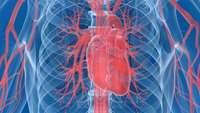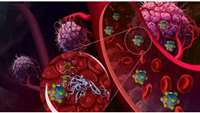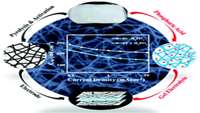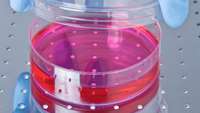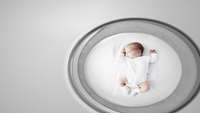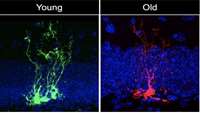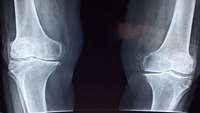Self-organizing cardioid spontaneously develops heart with hollow chambers
Scientists from the Austrian Academy of Sciences (Vienna, Austria) have for the first time developed a self-organizing heart organoid, known as a cardioid.
New method can improve drug delivery in implants
An innovative biomaterial discovery by researchers at the University of Toronto in collaboration with Ripple Therapeutics Inc., has established a method that yields better control over drug release profiles in implants and has the potential to disrupt the classical drug delivery market.
Mesenchymal stem cell fate controlled by varying culture stiffness
Researchers from Tokyo Metropolitan University (Japan) have quantitatively characterized the heterogeneity in the responsiveness of mesenchymal stem cells (MSCs) to the elastic modulus of culture substrates.
AIDS virus used in gene therapy to fix ‘bubble baby’ disease
gene therapy that makes use of an unlikely helper, the AIDS virus, gave a working immune system to 48 babies and toddlers who were born without one, doctors reported Tuesday.
Lab-grown 'chicken bites' Cultured meat product gets world's first regulatory approval
A lab-grown meat product received the world's first regulatory approval as food safety officials in Singapore cleared the way for the sale of "cultured chicken" made by U.S. startup Eat Just, the company said Wednesday.
Study reveals neural stem cells age rapidly
In a new study published in Cell Stem Cell, a team led by USC Stem Cell scientist Michael Bonaguidi, Ph.D., demonstrates that neural stem cells—the stem cells of the nervous system—age rapidly.
New biomaterial regrows blood vessels and bone
Scientists have developed a new biomaterial that regrows blood vessels and bone, potentially providing a single-stage approach when repairing large bone defects.


